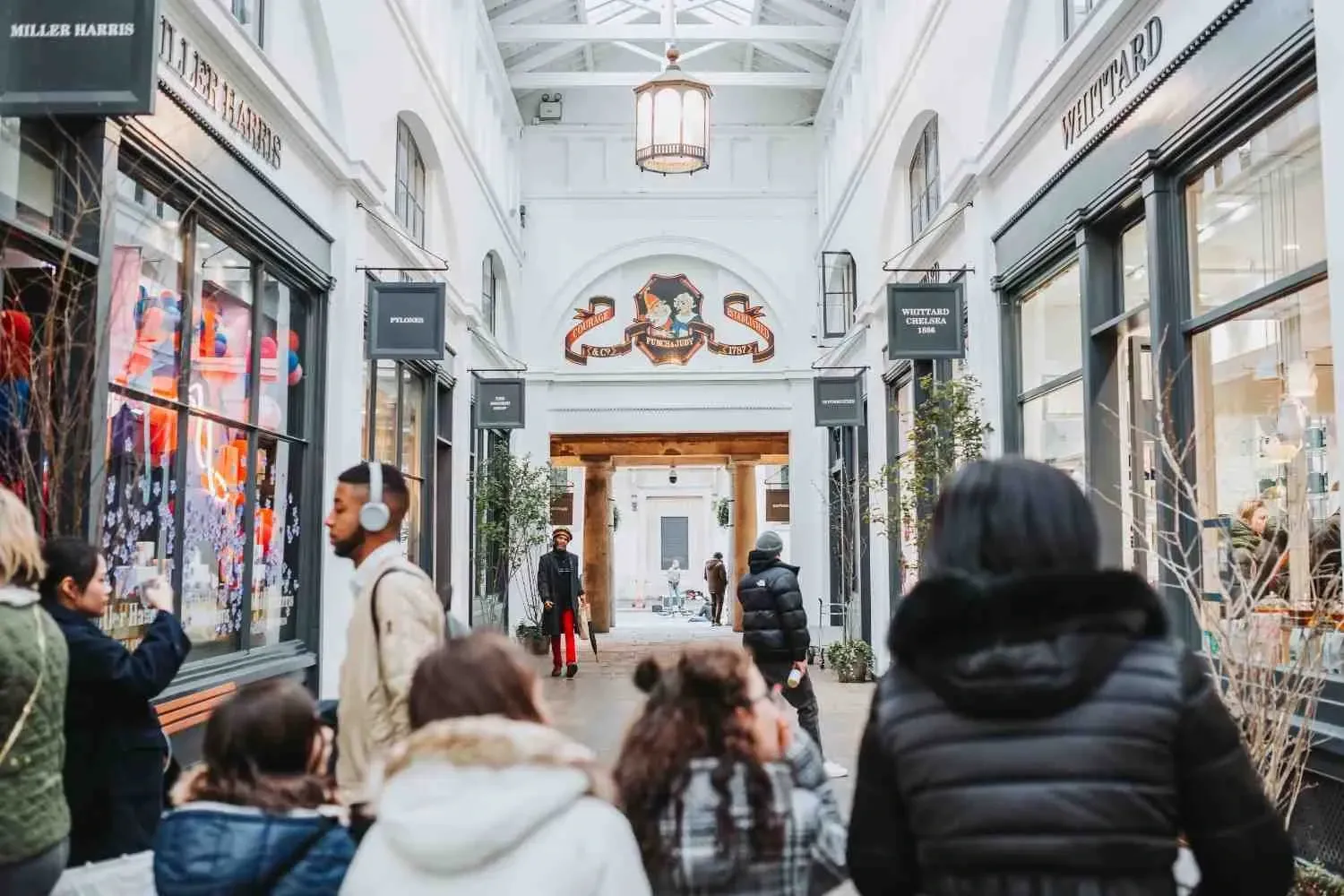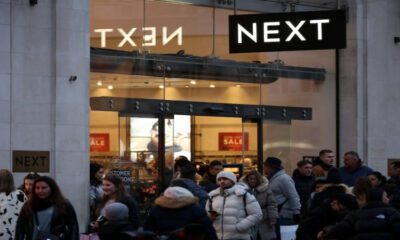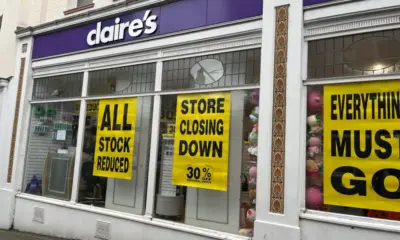Entertainment
How UK Retail Is Changing Through Digital Shopping Trends

The United Kingdom’s retail sector is undergoing one of its most significant transformations as digital shopping trends redefine how consumers browse, purchase and interact with brands. From mobile first experiences to personalised product recommendations, retailers are adapting to a marketplace driven by technology and shifting customer expectations. The steady rise of online sales, even after the reopening of physical stores, shows that digital behaviour is now firmly embedded in everyday life. Retailers that respond effectively are building stronger customer loyalty and improving long term resilience.
Mobile commerce becoming the primary shopping channel
Mobile devices now play a central role in retail activity across the UK. Shoppers increasingly prefer browsing and purchasing through smartphones due to convenience, easy payment solutions and quick access to reviews. Retailers are investing heavily in mobile friendly websites, intuitive apps and streamlined checkout systems that reduce friction. Features such as click and collect, real time inventory tracking and personalised alerts are encouraging higher engagement. As mobile commerce expands, it is shaping how retailers allocate advertising budgets and design customer journeys.
Social media shaping product discovery
Social media platforms have become powerful engines of product discovery and brand awareness. Influencers, short form videos and targeted ads expose consumers to new products at a rapid pace. Retail brands are building strategies around platforms like TikTok, Instagram and YouTube to reach younger audiences. Social commerce features, including integrated shopping buttons and live product demonstrations, are accelerating the path from discovery to purchase. This blend of entertainment and shopping is redefining how consumers interact with brands and make buying decisions.
Growth in subscription services and personalised shopping
Subscription based retail models are gaining momentum as consumers seek convenience and value. Boxes for beauty products, groceries and lifestyle items offer curated experiences that feel more personalised than traditional shopping. Meanwhile, retailers are using data algorithms to analyse shopping habits and tailor product suggestions. Personalisation enhances customer satisfaction and encourages repeat purchases. Retailers that invest in intelligent recommendation systems are seeing stronger engagement and higher conversion rates across digital channels.
Hybrid retail experiences emerging across the UK
Physical stores are not disappearing; instead, they are evolving into hybrid spaces that complement digital activity. Retailers are integrating online tools into their in store experience, offering services such as digital kiosks, virtual try ons and app based checkout options. These features help reduce queues and create more interactive shopping environments. Many stores also serve as local fulfilment hubs for online orders, speeding up delivery times. The hybrid model supports efficiency and blends physical and digital retail in a way that appeals to modern consumers.
Increasing demand for sustainable and ethical products
Consumers in the UK are becoming more conscious about sustainability, driving demand for eco friendly and ethically sourced products. Retailers are responding by adopting transparent supply chain practices, reducing plastic packaging and highlighting sustainability credentials. Digital platforms make it easier for shoppers to compare environmental standards and track product origins. Retailers that prioritise sustainability are building trust and attracting customers who value responsible shopping choices.
Fast delivery expectations reshaping logistics
The growth of e commerce has raised consumer expectations for delivery speed and reliability. Same day and next day delivery options are becoming more common, pushing retailers to improve logistics systems. Warehousing automation, improved inventory management and partnerships with delivery startups are helping retailers stay competitive. Click and collect services remain popular as they offer convenience without delivery delays. Efficient logistics are essential for meeting customer expectations and supporting the expansion of digital retail.
The impact of rising living costs on retail behaviour
Economic pressures have influenced how shoppers approach retail spending. Price sensitivity is increasing, with many consumers comparing deals across platforms before making purchases. Discounts, loyalty rewards and flexible payment options such as buy now pay later continue to influence shopping decisions. Retailers are adapting to these shifts by offering more value driven promotions and focusing on essential product lines. Understanding price behaviour is crucial for businesses aiming to remain competitive during economic uncertainty.
A future shaped by technology and consumer expectations
The future of UK retail will be defined by the continuous evolution of digital tools and the ability of brands to adapt quickly. Mobile commerce, social shopping, subscription services and hybrid retail environments will continue to influence consumer habits. Retailers that embrace data driven decision making and invest in digital infrastructure are well positioned to thrive. As the retail landscape becomes more competitive, innovation and customer centric design will remain essential. The shift toward digital shopping is not temporary; it is the foundation of a long term transformation.






















